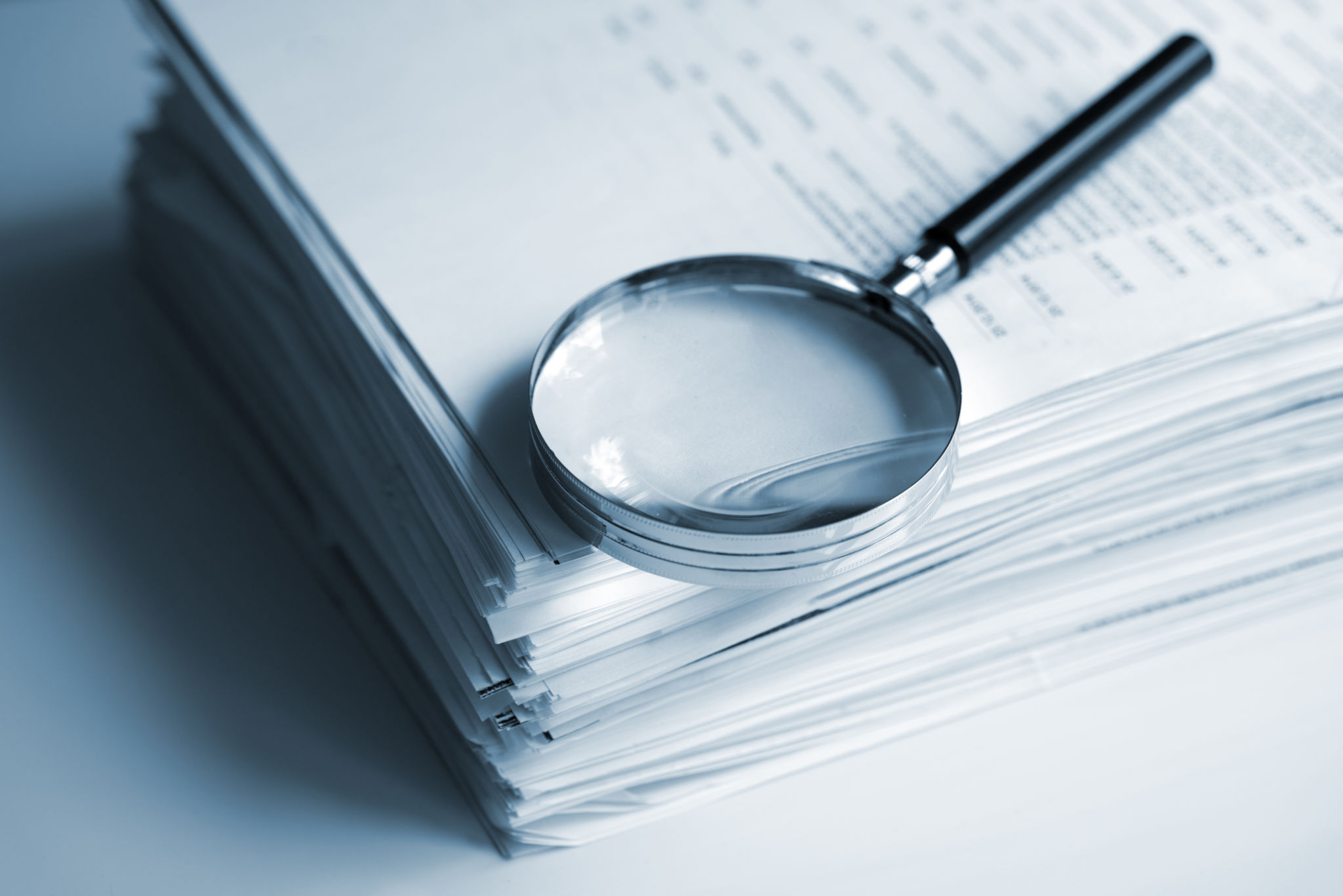Seasonal Financial Planning: Tips for Year-End Tax Preparation
Understanding the Importance of Year-End Tax Preparation
As the year draws to a close, many individuals and businesses turn their attention to *year-end tax preparation*. This is a crucial time to ensure your financial affairs are in order before the tax season begins. Proper planning can help minimize your tax liability and maximize any potential refunds. In this post, we'll explore some essential tips to help you navigate this process smoothly.
Year-end tax preparation involves reviewing your financial situation and making strategic decisions to optimize your tax outcomes. It’s more than just gathering documents; it's about proactively managing your finances to ensure compliance and efficiency.

Review Your Income and Expenses
One of the first steps in year-end tax planning is to review your income and expenses for the year. This review helps you understand your current financial standing and identify any areas where you can make adjustments before the year ends.
Consider accelerating or delaying income, if possible, based on your tax bracket. For instance, if you anticipate being in a higher tax bracket next year, you might defer some income into the following year. Similarly, prepaying certain expenses like mortgage interest or property taxes can help you maximize deductions for the current year.
Maximize Retirement Contributions
Contributing to retirement accounts is a powerful way to reduce your taxable income while saving for the future. Before the year ends, evaluate your current contributions to accounts such as 401(k)s or IRAs. Increasing these contributions can reduce your taxable income and provide long-term benefits.

Utilize Tax Deductions and Credits
Tax deductions and credits are valuable tools for reducing your tax liability. Make sure you’re taking full advantage of all available deductions, such as those for education expenses, medical costs, or charitable contributions. Each deduction and credit has specific requirements, so it’s essential to understand which apply to your situation.
If you’ve made charitable donations throughout the year, ensure you have proper documentation to support these deductions. Remember that non-cash donations also qualify, so keep track of any items donated to charity organizations.
Organize Your Financial Records
Keeping organized financial records is crucial for a smooth tax filing process. Gather all necessary documents, including W-2s, 1099s, receipts, and other relevant paperwork. Having a well-organized record system not only eases the filing process but also helps in case of an audit.

Consult a Tax Professional
If your financial situation is complex, consulting a tax professional can provide valuable insights and strategies tailored to your needs. A professional can help identify potential deductions or credits you might have overlooked and ensure compliance with current tax laws.
While some individuals are comfortable with self-preparation, others may benefit from the expertise and peace of mind that a professional can offer. Consider your personal circumstances when deciding whether to seek professional help.
Plan Ahead for Next Year
Finally, use your year-end review as an opportunity to plan for the upcoming year. Set realistic financial goals and create a budget that aligns with these objectives. Planning ahead keeps you proactive with your finances and better prepared for future tax seasons.
Year-end tax preparation is an ongoing process that evolves with changes in your life and the tax code. By staying informed and organized, you can make the most of your financial situation each year.
